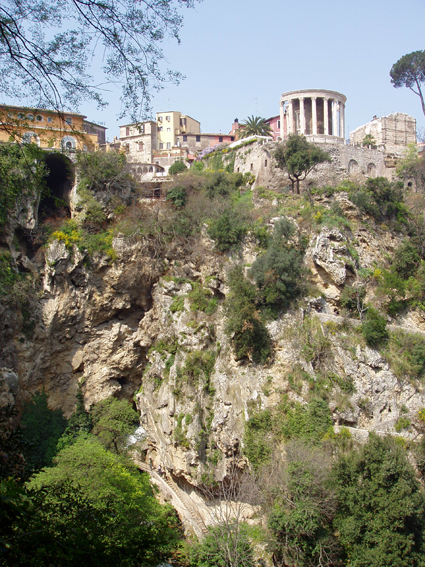The inevitable conflict, in landscaping, between conservation and development
DOI:
https://doi.org/10.6092/2281-4574/1151Keywords:
landscape, conservation, townAbstract
The landscape is charged with time, reflecting political , economic and cultural events related to its development.
The man-made landscape is like a palimpsest in which writing placed one upon another document, different modes of thinking and acting.
The individualism of the masses and globalism, have changed even with regard to space the key role of politics, emphasizing, with the market, the ideology of material consumption. The negation of the culture of planning has consequently favored intervening in urban fragments: favoring building to making a city. “New is better”, is the winning formula everywhere and no matter how it is used, it becomes decisive in the involuted way of thinking which has replaced the “rules of the game” with the “game of rules” functioning with ambiguity and uncertainty and whose basic corollary is the “Code of Cultural Assets and Services and of the Landscape” which unites two subjects, which indeed, the general law of 1939 had kept separate since a cultural asset objectively identifiable and a persistent element in our memory “free” from change, and the landscape which is a good charged in time with a mutable historicity.
Our age seems to be, with regard to the formula, saturated with “simultaneousness”, without a past and without a future, crushed by the present, antithetical to the affirmed values of the past which our cultural assets and landscape attest to.
Downloads

Downloads
Published
Issue
Section
License
Gli autori che pubblicano su questa rivista accettano le seguenti condizioni:- Gli autori mantengono i diritti sulla loro opera e cedono alla rivista il diritto di prima pubblicazione dell'opera, contemporaneamente licenziata sotto una Licenza Creative Commons - Attribuzione che permette ad altri di condividere l'opera indicando la paternità intellettuale e la prima pubblicazione su questa rivista.
- Gli autori possono aderire ad altri accordi di licenza non esclusiva per la distribuzione della versione dell'opera pubblicata (es. depositarla in un archivio istituzionale o pubblicarla in una monografia), a patto di indicare che la prima pubblicazione è avvenuta su questa rivista.
- Gli autori possono diffondere la loro opera online (es. in repository istituzionali o nel loro sito web) prima e durante il processo di submission, poiché può portare a scambi produttivi e aumentare le citazioni dell'opera pubblicata (Vedi The Effect of Open Access).

